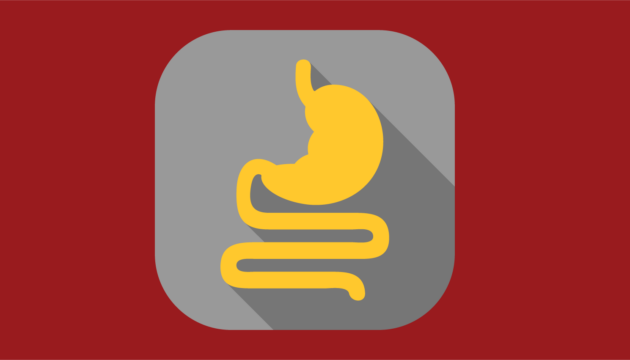
Ritika Chaturvedi, PhD
Research Scientist, USC Schaeffer CenterRitika Chaturvedi, PhD's Bio
Ritika Chaturvedi, PhD, is a research scientist at the USC Schaeffer Center for Health Policy & Economics. She is a biomedical engineer with a diverse background in engineering methods, science and technology policy analysis, asset valuation, strategic consulting, and biomedical research. Her initial work in the Schaeffer Center will be focused at the intersection of precision medicine, cancer care, and artificial intelligence.
Prior to joining USC, she was an engineer at the RAND Corporation. Her research portfolio at the RAND involved a broad array of grant funded policy research involving the implications of emerging disruptive bio/medical technologies (e.g., Precision Medicine, AI, CRISPR, wearable devices, genetically modified organisms, regenerative medicine technologies, hospital Internet of Things, etc.) on society (scientific and economic impact, health impact, implications on diversity and equity, implications on the labor market, safety and security considerations, risk management, reimbursement, governance, transparency and quality control, and day-to-day workflows). Through her training and work experience she has gained a unique understanding of the full lifecycle of medical technologies—from basic research and development, to clinical translation, pricing and market penetration, reimbursement considerations, and public policy implications.
Prior to RAND, she worked in the commercial life sciences sector, applying systems-engineering methods as well as structured and semi-structured interviews with healthcare payers and providers to strategize optimal market penetration of pharmaceutical and biotechnological assets.
Chaturvedi earned a PhD in Bioengineering from Dr. Christopher Chen’s Biomechanics and Microfabrication Laboratory at the University of Pennsylvania. Her focus involved studying how organizing endothelial cells, the cells which comprise blood vessels, into defined networks within engineered tissue leads to the formation of templated, functional vessels that are connected to the host vasculature upon implantation. She also worked for several years as a Health Policy Analyst at the Science and Technology Policy Institute (STPI), working closely with National Cancer Institute leadership on its Clinical Trials Working Group initiatives. At STPI, she also had a strong interest in innovation and competitiveness and led the 5-year process evaluation of the NIH Director's Pioneer Award.


